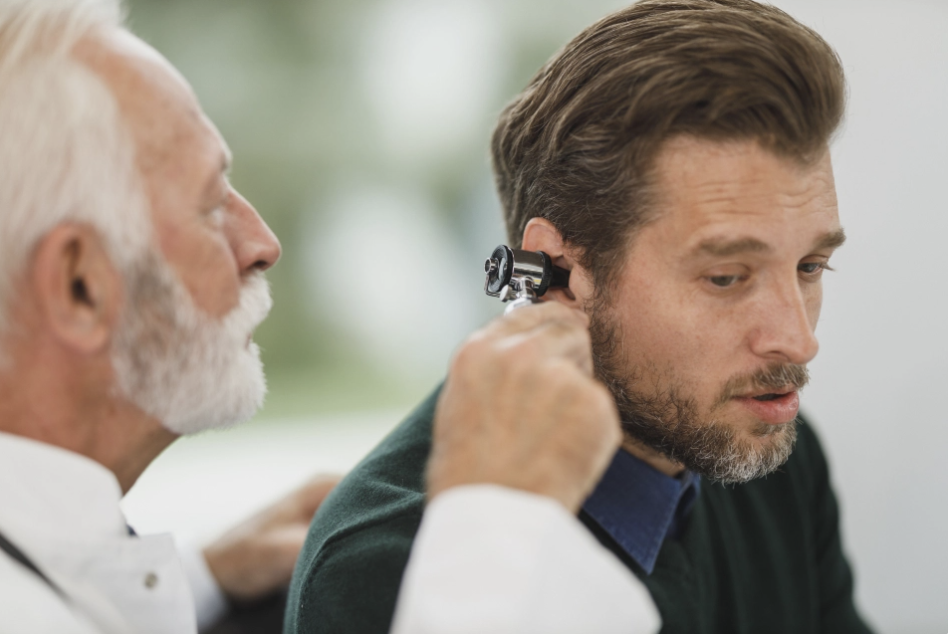THE NEW YORK TIMES – A year ago, the Food and Drug Administration announced new regulations allowing the sale of over-the-counter hearing aids and setting standards for their safety and effectiveness.
That step — which was supposed to take three years but required five — portended cheaper, high-quality hearing aids that people with mild to moderate hearing loss could buy online or at local pharmacies and big stores.
So how’s it going? It’s a mixed picture.
Manufacturers and retailers have become serious about making hearing aids more accessible and affordable. Yet the O.T.C. market remains confusing, if not downright chaotic, for the mostly older consumers the new regulations were intended to help.
The past year also brought renewed focus on the importance of treating hearing loss, which affects two-thirds of people over age 70. Researchers at Johns Hopkins University published the first randomized clinical trial showing that hearing aids could help reduce the pace of cognitive decline.
Some background: In 2020, the influential Lancet Commission on Dementia Prevention, Intervention and Care identified hearing loss as the greatest potentially modifiable risk factor for dementia.
Previous studies had demonstrated a link between hearing loss and cognitive decline, said Dr. Frank Lin, an otolaryngologist and epidemiologist at Johns Hopkins and lead author of the new research.
“What remained unanswered was, If we treat hearing loss, does it actually reduce cognitive loss?” he said. The ACHIEVE study (for Aging and Cognitive Health Evaluation in Elders) showed that, at least for a particular group of older adults, it could.
Of nearly 1,000 people ages 70 to 84 with untreated mild to moderate hearing loss, half received hearing assessments from audiologists, were fitted with midpriced hearing aids and were counseled on how to use them for several months. The control group participated in a health education program.
Over three years, the study found that hearing-aid use had scant effect on healthy volunteers at low risk of cognitive loss…



